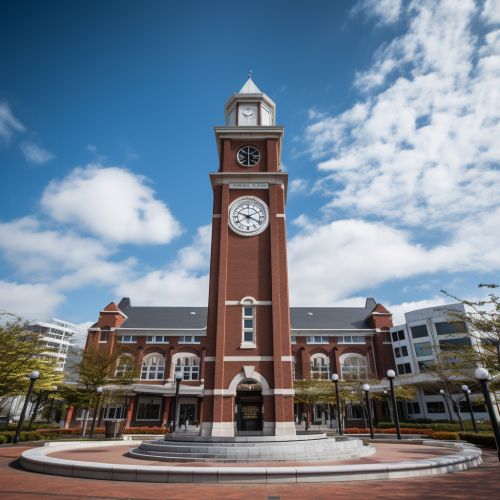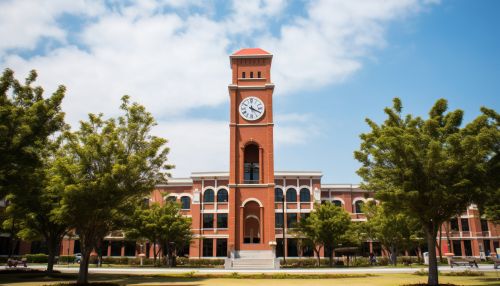Hideki Yukawa
Early Life and Education
Hideki Yukawa was born on January 23, 1907, in Tokyo, Japan. He was the seventh child of Takuji Ogawa, a geologist and Kaneko Yukawa, a homemaker. Yukawa received his early education from the Kyushu Imperial University, where he developed an interest in theoretical physics.


After completing his undergraduate studies in 1929, Yukawa moved to Osaka Imperial University for his doctoral studies. Here, he worked under the guidance of Sin-Itiro Tomonaga, a prominent physicist known for his work in quantum electrodynamics.
Career and Contributions to Physics
Yukawa started his career as a lecturer at Kyoto Imperial University in 1932. During this period, he made significant contributions to the field of theoretical physics, particularly in the area of quantum mechanics and particle physics.
In 1935, Yukawa published his groundbreaking work on the theory of nuclear forces. He proposed the existence of a new particle, which he called the "mesotron" (now known as the pion). This particle was considered as the carrier of the strong nuclear force that holds protons and neutrons together in the atomic nucleus. Yukawa's prediction was confirmed in 1947 when the pion was discovered by Cecil Powell's team at the University of Bristol.


Yukawa's work on the theory of nuclear forces marked a significant milestone in the development of modern particle physics. His theory provided a foundation for the development of the Standard Model of particle physics, which describes the fundamental particles and forces in the universe.
In 1940, Yukawa was appointed a professor at Kyoto University. He held this position until 1950 when he was appointed the director of the Research Institute for Fundamental Physics at Kyoto University.
Recognition and Honors
Yukawa's contributions to the field of theoretical physics have been widely recognized. In 1949, he was awarded the Nobel Prize in Physics for his prediction of the pion. He was the first Japanese person to receive a Nobel Prize in any category.
In addition to the Nobel Prize, Yukawa received several other awards and honors. These include the Lomonosov Gold Medal from the USSR Academy of Sciences in 1964, the Order of Culture from the Japanese government in 1951, and the Grand Cordon of the Order of the Rising Sun in 1977.
Personal Life and Legacy
Yukawa married Sumi Yukawa in 1932. They had two sons, Harumi and Takaaki. Yukawa was known for his deep interest in philosophy and the relationship between science and religion. He wrote several books on these topics, including "Creativity and Intuition: A Physicist Looks at East and West" and "Tabibito (The Traveler)".
Yukawa passed away on September 8, 1981. His legacy continues to influence the field of theoretical physics. The Yukawa Institute for Theoretical Physics at Kyoto University is named in his honor.
